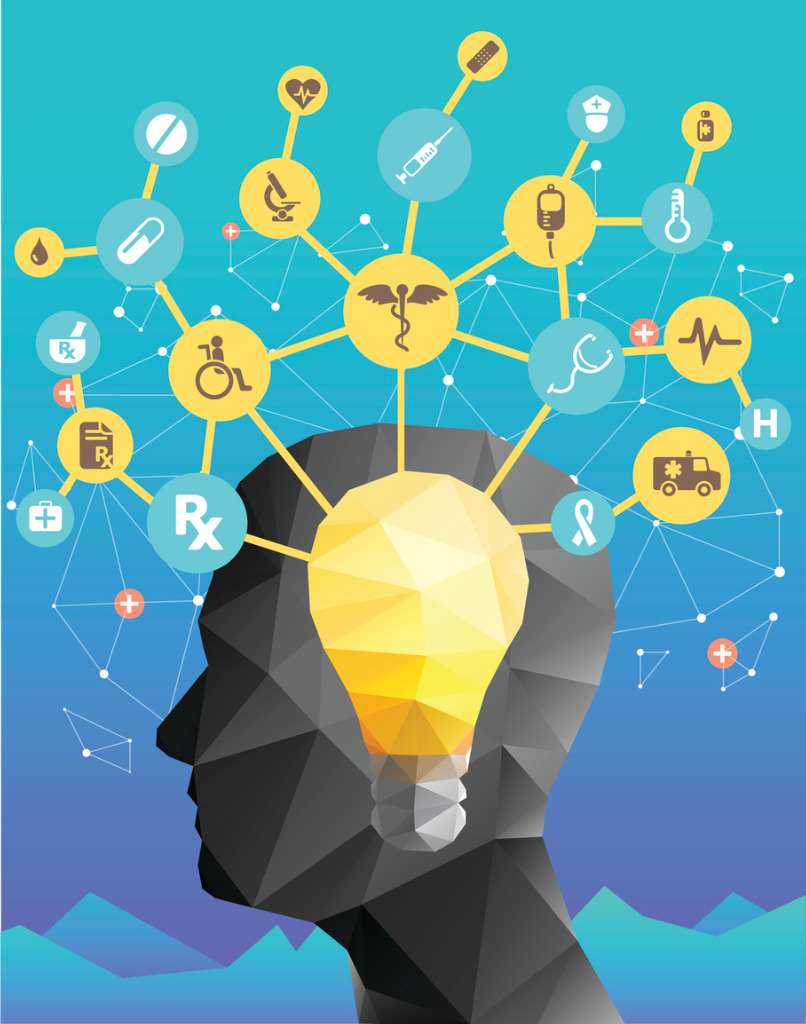Abraham Maslow famously said, “If all you have is a hammer, everything looks like a nail.”
With all the buzz surrounding artificial intelligence (AI), it’s tempting to view it as an all-encompassing tool that can be employed to solve healthcare’s myriad of problems. In fact, there are a number of debates taking place over what AI and machine learning (ML) can and can’t do. The reality is that there are a range of AI technologies that solve very different types of problems. There are distinct use cases for each type of AI, from advanced analytics to deep learning to causal AI. But as we begin...
Between 2006 and 2016 there were over 2 million scholarly articles published around the globe. Of those, more than 25 percent – 568,000 – were focused on medicine, more than double the next area of study¹.
Despite the spike in medical knowledge, there is still a struggle to understand why some treatments work while others do not and the reality is that there is still much we don’t know.
In recent years, there has been equal parts hope and hype over Artificial Intelligence (AI) and how to use it to unravel human disease more quickly and efficiently. In a recent article in Forbes,...
Judea Pearl is not happy.
One of the pioneers of Artificial Intelligence in the 1980’s, Pearl said in a recent interview in The Atlantic that the field of AI is stuck in a world of reasoning by association and probabilistic predictions. Pearl thinks too many people are deploying AI to overcome uncertainty – predicting what will happen next by association rather than leveraging the power of the technology to deal with cause and effect. He goes on to say that AI and machine learning need to move more aggressively to evaluate interventions and causal models to gain true value1.
Healthcare...




